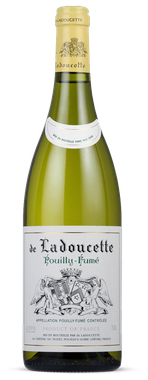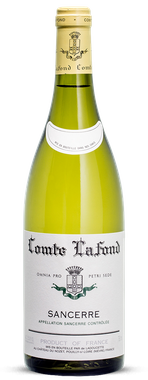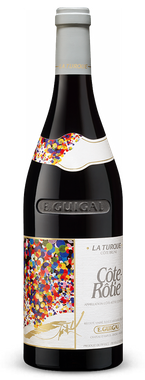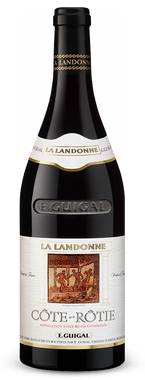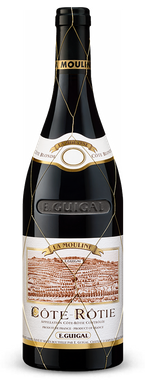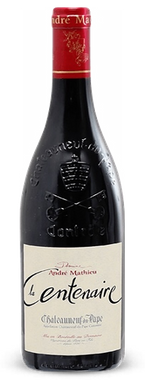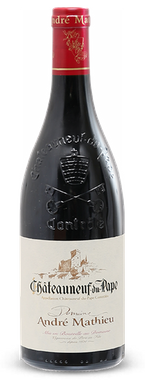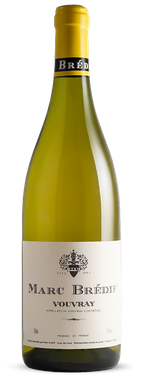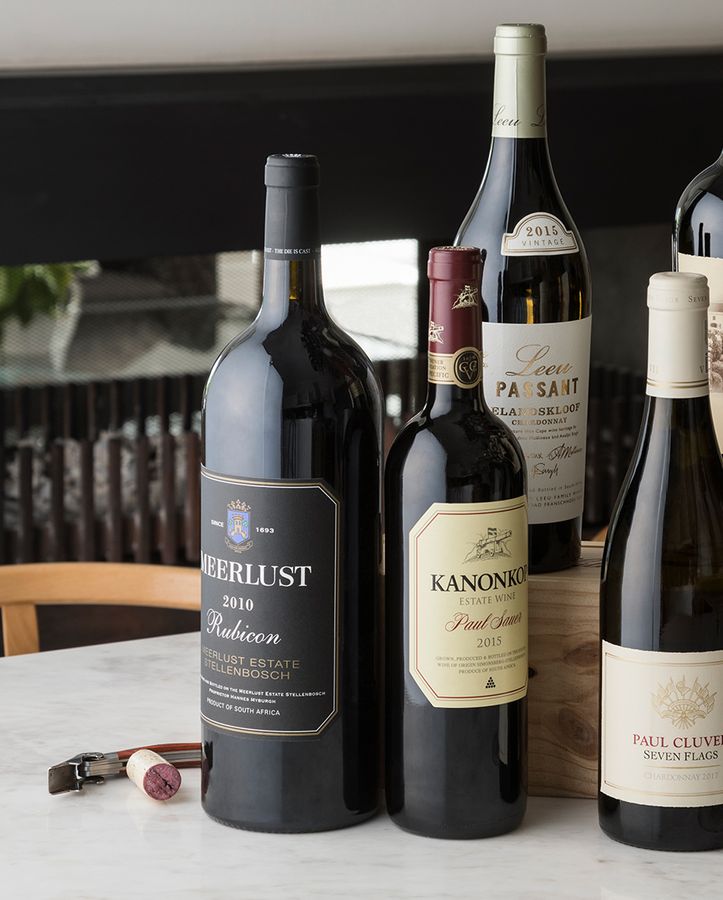For most people looking in from the outside, the Guigal Rhône wine business doesn’t appear to have a craft feel about it. How could it, with vineyard holdings along the length of the Rhône Valley and the surprisingly old-fashioned, almost rustic Guigal label as visible and ubiquitous in the trade as Moët or Mumm.
Nothing could be further from the truth. I have now known the family for at least a quarter of the century. I have watched them run the business with the same hands-on focus as the smallest boutique winery in Burgundy, and with the same quality controls as Cristal or Krug. Philippe Guigal – who has taken over much of the first stage winemaking from his parents – receives all the Northern Rhône grapes himself, in person, at their winery in Ampuis. He also assembles all their Southern Rhône cuvées: these yield the generic Côtes du Rhône, the Gigondas and the Châteauneuf. Since the acquisition of Château de Nalys in 2017, he has directed the restoration of the vineyards of this extraordinary property.
The family occupies a single office: Marcel and his wife Bernadette, Philippe and his wife Eve. Everyone knows everything about what is happening in the business. If I phone to speak to Philippe and he’s not there, Eve can answer my question: you don’t get more hands-on than that.
Marcel’s father Etienne arrived in the region just after the end of the Great War to do seasonal work in the orchards around Côte Rotie. In 1923 he found permanent employment in the cellars of Vidal Fleury, at the time one of the most important producers in the Northern Rhône. There he learnt his trade and in 1946 created the firm of E. Guigal. In 1961 he suddenly went blind: his 17 year son Marcel left school to take over the running of the business. Etienne continued to sample, to assemble, to blend – a track record of 67 vintages. Marcel is beginning to approach this extraordinary achievement: this year will be his 62nd vintage.
I have been with Marcel and Bernadette in the cellars in the evening after a tasting as they go round topping the casks of the estate’s Grand Crus – the so-called La-La wines – before closing up for the night. There are some tasks they simply do not delegate. When Robert Parker described Marcel as “the greatest winemaker on the planet” he wasn’t writing magazine copy. He was passing a judgement, based on many decades of tasting the world’s finest wines. He also wasn’t describing the conductor of the orchestra: he was talking about the director, the conductor, the principal violinist, the flautist and the timpanist. Marcel consolidated the extraordinary edifice begun by his father and is now slowly transitioning to his son, brick by brick, vine to grape, berry to bottle, pretty much in a single generation.
